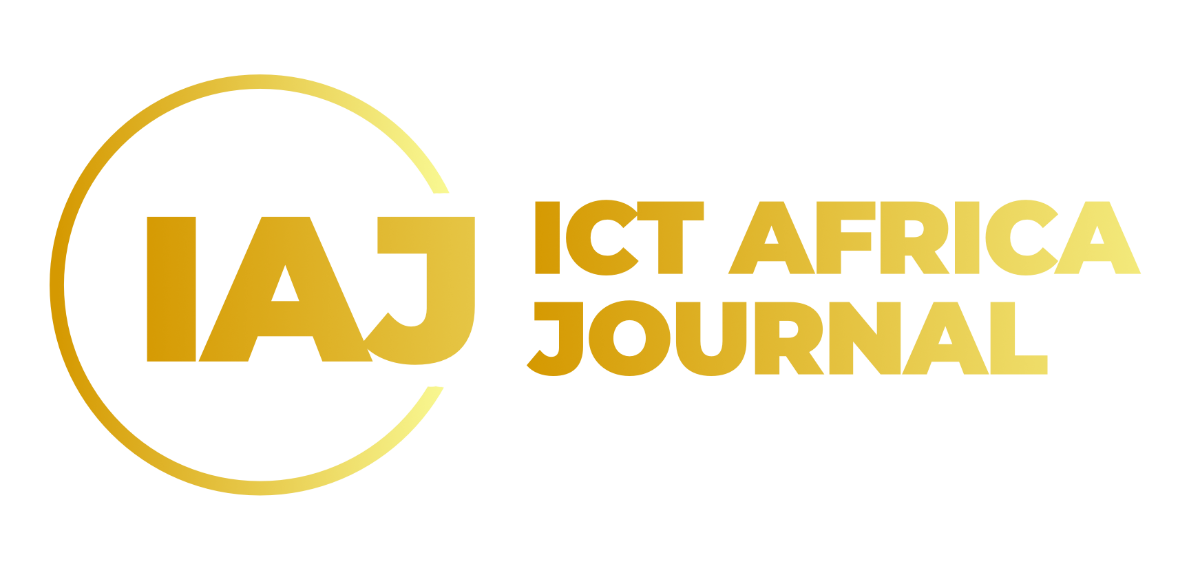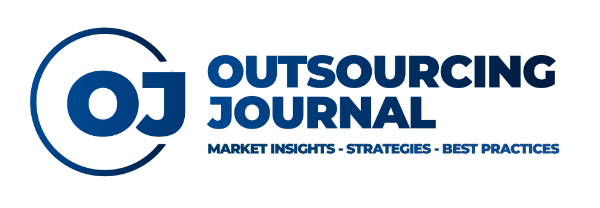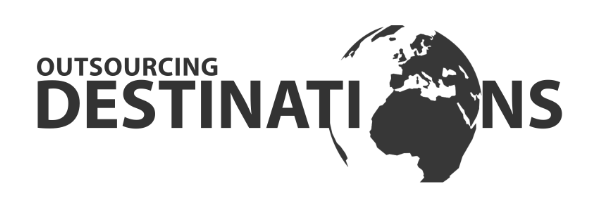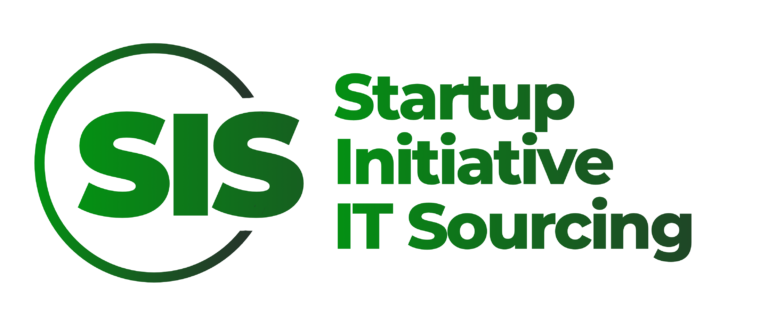Nicholas, your company Liranz stands as a very successful example of regional ICT consultancy and services. Could you give us a short introduction to the company, its story and business focus?
Nicholas: Liranz Limited is a leading Information Technology Consultancy & Management firm with years of experience in design, supply and implementation of IT support, projects and solutions.
The vision of the business from day one is to become the primary and trusted IT Consulting and Management Company in West Africa. We hope to achieve this by helping businesses and organizations optimize their operations and output through information Technology as a helpful investment and not a burden.
We have been delivering expert IT consulting Services over the past years; this has enabled us to design an effective IT consulting approach that enables us to deliver the maximum value to our customers within the shortest time.
Our business is focusing besides other ICT services on these key functional areas: IT Consultancy, Managed IT Services, IT Supports service, IT Project, IT Consultancy & Management, IT Infrastructure & communication, Cloud Solutions, IT Security Solutions, IT Training and Coaching, IT Audit & Advisory, IT Outsourcing, Digital Transformation, and Data center management.
You have broad experiences in the ICT sector, from buyer, over consulting and service provider side. Could you give us a short evaluation of the current market situation for ICT services in Ghana?
Nicholas: The Market for ICT services in Ghana is an emerging one. The consumer perception about the ICT services has been largely improved from an obsolete view of ICT as break and fix service to more of an IT incorporated in the day to day business strategy.
Businesses are now beginning to realize that they can run more efficiently with technology at the helm of their business operations and most importantly the need of a quality IT partner to lead their Business technology transformation journey. This concept is gradually being accepted as some organizations have enrolled on our Managed IT Services for the management of their day-today IT needs.
However, there is still a lot of work that need to be done by myself and other stakeholders in the ICT service provision industry.
We need to continue to be vocal of the impact technology can have on businesses to Business leaders and to a large extent, Government.
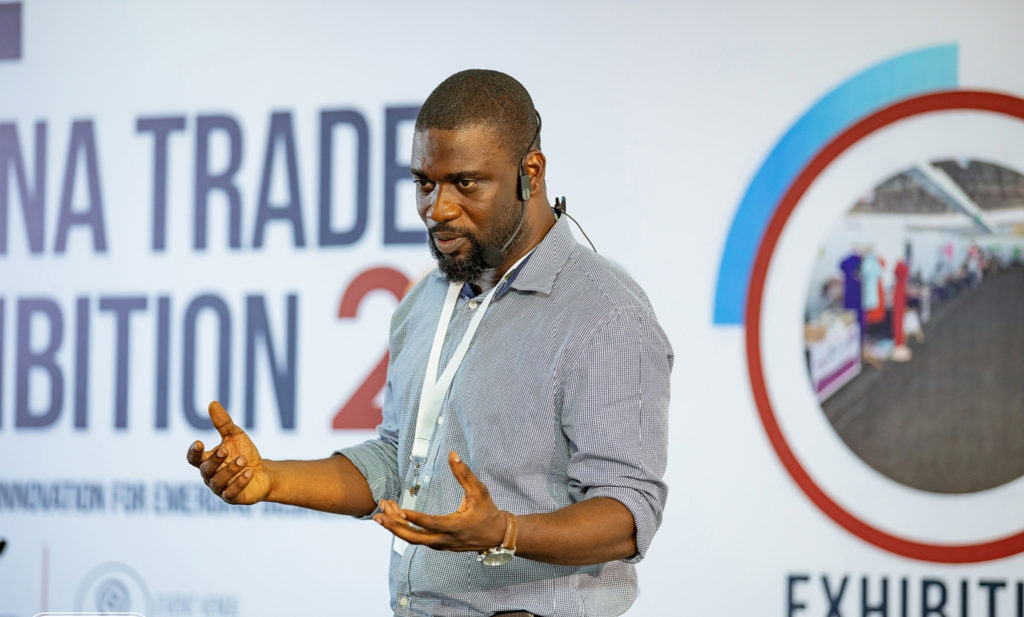
Picture: Nicholas Bortey, Chief Executive Officer and Lead Consultant, Source: Liranz
The ICT industry in itself is also growing steadily. The fact that the Government sector, as well as local and international businesses are now heavily relying on and demanding more advanced technology for their business processes in Ghana is one huge opportunity for the ICT sector to grow further. It’s up to us – the industry players to match up to the demand and skillset required to grow faster.
One aspect of concern that all markets – from European to African economies – have in common is education and thus the availability of talent in ICT and business administration related faculties. Could you give us your perspective as an employer on the availability and level of education in related fields in Ghana?
Qualified and Professional young Talent in the Ghanaian Job Market it self is not a problem but developing him/her self and the profession to the next level is where the problem is. Some factors that can help in developing the talent are education and mentorship/Leadership.
On the educational front, there is little practical exposure to students with regards to the practice of IT as a profession. Since ICT is a very broad Industry, most graduates have little knowledge of the various specializations within ICT. I recently conducted an Interview to recruit a Help desk Engineer; about 90% of the applicant could not distinguish between the roles of a Service desk engineer and a Network engineer. Practical exposure of students to practicable skills in their course early will orient students to the intricacies of the IT profession.
Lack of mentorship or leadership causes career fatigue among IT Talents and stifles their growth. Some evident signs among staff are the feeling of physically or emotionally exhausted with a sense of reduced accomplishment and loss of personal identity.
Across my professional journey I have come to the realization that; the majority of junior or entry-level staff are no longer self-motivated in pursing their career growth. This syndrome denies the ICT industry of very promising talents as they switch career into other industries. My personal investigation revealed two major reasons for this syndrome; firsts lack of mentors or leaders to look up to and the non-availability of information about possible career growth paths.
As part of voluntary services, we take pride in giving back the knowledge we acquire on daily basis on the field back to society through “My IT CAREER” roadshow seminars, workshops, coaching and career guiding sessions in the universities in Ghana.

You can read the full article in the Outsourcing Destination Guide Ghana, which is available for free download at www.outsourcing-destinations.org
About the author: Nicholas Bortey is a technology expert who has de-monstrated leadership in the IT industry in Ghana and the West Africa region.
He has been honoured with multiple awards for his contribution to the industry both Ghana and overseas. His expertise in IT strategy and Business consultancy is one to reckon with a good track record in helping businesses in areas of Business Transformation, Digital Innovation, and Technology consulting. He is the CEO of Liranz Limited, An Industry leader in IT Consultancy & Management services firm in Ghana.
You can contact Nicholas via LinkedIn: https://www.linkedin.com/in/
nicholas-bortey-72442a21/
